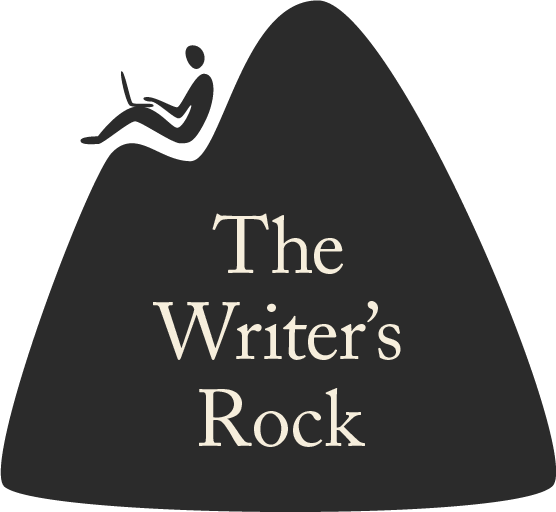Writers On Writing: Starting with Fear
Dear writers,
Craft books abound. For every possible writing problem there are six books on how to overcome it. Some of these books are uniquely instructive and transformative, a guiding light in the endless dark of your creative process. Others less so.
As your friendly neighborhood writing center we've separated the wheat from the chaff and in the coming months we'll be sending passages from our favorites.
This month's selection, chosen by our stage and screenwriting instructor Gina Stevensen, is about the narrative power of fear, and how we might help our characters help themselves, from playwright Marsha Norman:
When I was first starting to write, Jon Jory asked me what I wanted to write about. I said I didn’t know, I just knew I belonged in the theatre. And then he gave me this advice. “Go back to a time when you were really scared and write about that. Being afraid makes you remember details, and details convince people a story is real. And chances are, if you were scared by this, other people will be scared of it too, and that will make them pay attention.”
And then, later:
One thing I know for absolute certain, it isn’t enough just to have the fear by itself. I was recently onboard a whale-watching expedition north of Iceland. I was so afraid of drowning that I wore a huge blue moonsuit, an orange raincoat, a life preserver, two sets of gloves, and three hats. I never stood up, not once. Because the sea was so rough, I held onto my seat and kept my eyes shut the whole trip. What I was hoping for the whole time was some relief from this fear, but it never came. Only when the boat docked was I free to leave, and I got out of there as fast as I could. If this had been a play, I would have been furious at the playwright for trapping me and torturing me like this.
The point here is that your character needs some action she can take to overcome her fear and save herself. We come to the theatre to see what people do when they get in trouble, almost any kind of trouble. We want to see this because we may find ourselves in that same trouble someday. For all of our time on earth, we have gathered around our tribal fires at night to listen to stories. But they are not the stories of what made our people happy. They are the stories of how our people survived their difficulties. Maybe this is why we know so little about being happy, because we see so few stories about how people do it. But we have survived as a species because we have told stories about how people have solved their problems, conquered their fears and got where they were going. Or not.
So now. This is your guide speaking. If you know a story about a brave human in big trouble, write that. Write how the trouble started, what the person did, and how it turned out.
Ready to get started? Check out our calendar of upcoming workshops (both in-person and online) and see what sort of trouble you can stir up.
